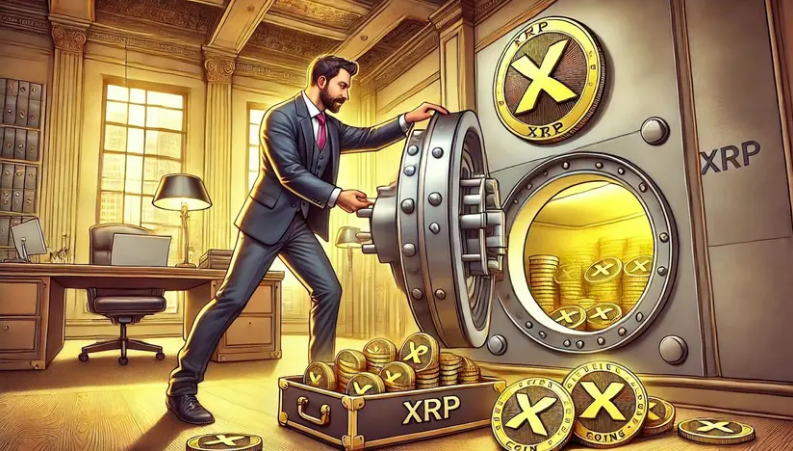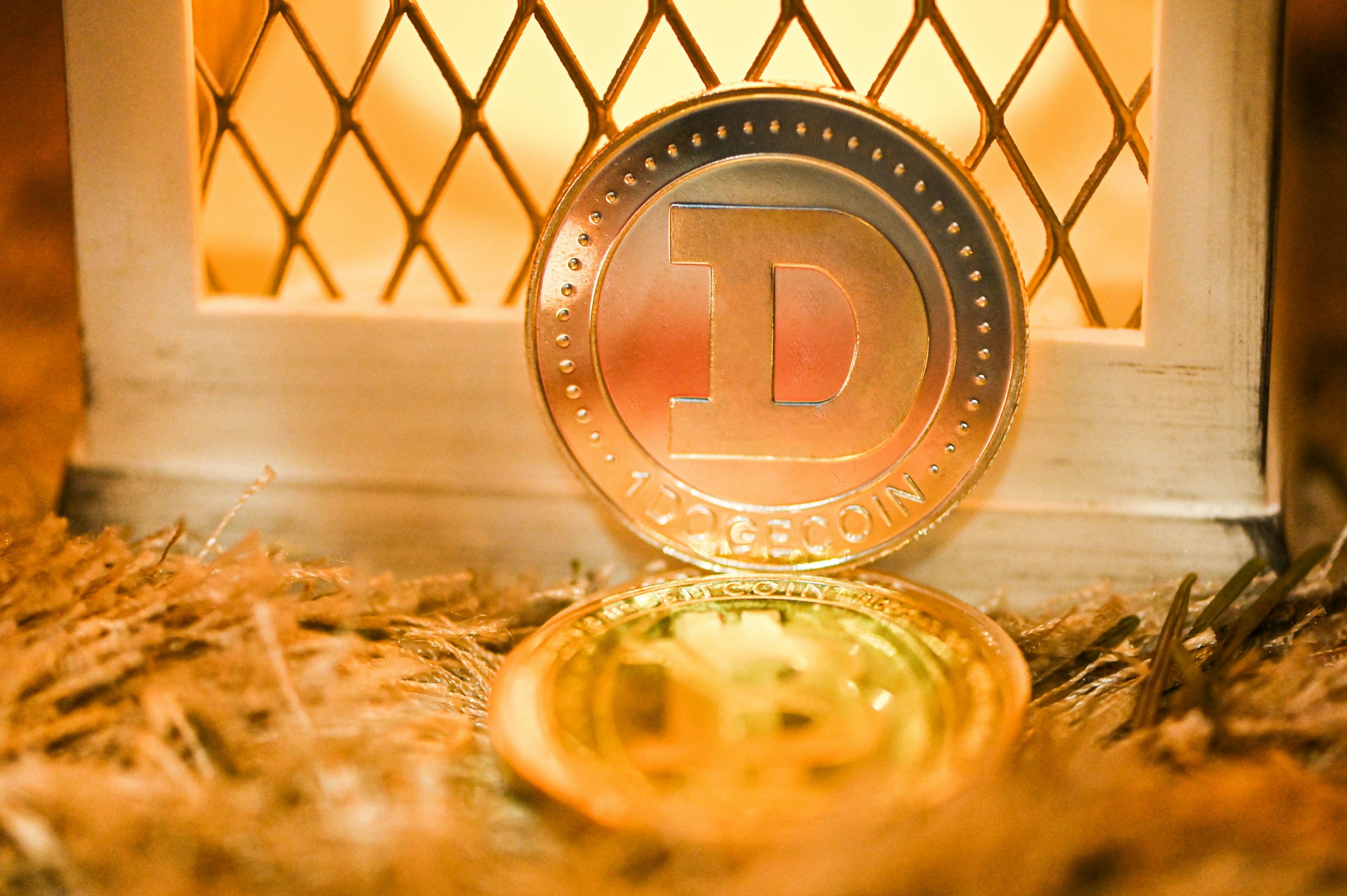ARTICLE AD
Blockchain gaming is received with excitement by 46% of traditional PC gamers, according to a survey by Web3 PC games distribution platform Ultra. This signs a possible shift in how traditional gamers perceive the blockchain gaming industry, something that Don Norbury, Head of Studio at Shrapnel, discussed with Crypto Briefing.
Norbury said that during this year’s edition of the Game Developers Conference (GDC), he could witness this shift in the gaming community after attending the event for the third time as a Shrapnel team member, adding that he uses GDC “as a measuring stick for sentiment in the game development community,” as gamers’ sentiment don’t always line up.
“I would say three years ago, which was really when we just started the idea of Shrapnel, it was kind of curiosity, like stifled curiosity about just this blockchain thing. And people [developers] weren’t contrary to consumer sentiment, they weren’t outright hostile,” shared Norbury.
A good thermometer of how the traditional gaming community didn’t have an appreciation for this industry is the famous post by Linkin Park member Mike Shinoda about the matter in January 2022. Back then, gamers flooded the publication’s commentary area rejecting the idea of having crypto or non-fungible tokens in their games.
This sentiment started changing when blockchain games showed their value to the gaming industry and people started asking themselves “why wasn’t it always the way to do things?” stated Norbury.
“I would say that [the shift happened] a year ago, when we came up with an MVP that was called MPX, a multiplayer experiment, and we did a behind-closed-doors demo where we invited people all week long and it was massively oversubscribed. And at that time, the people that we were talking to had moved to conversations about how are we going to solve these problems that are very much typical game dev problems, which are like, ‘how are you gonna prevent cheating?’,” explained Shrapnel’s Head of Studio.
Moreover, creators of mainstream games, such as multiplayer first-person shooter Valorant, started discussing more aspects of gaming. “Like ‘nerding out’ game dev attitude, as opposed to asking questions about like what blockchain was or what token economies were.”
In this year’s edition, Norbury joked that Shrapnel’s team “almost needed a lot of bouncers,” because the interest from attendees in the game was higher than ever.
“Everybody wanted to talk to us about how we were doing what we were doing, how they could get into it, how to avoid certain pitfalls, how do we structure, foundations in our company. I couldn’t go three feet without somebody wanting to engage and learn more.”
Different from previous editions, gamers could see in this year’s GDC how fun and full of energy Web3 gamers are through Shrapnel, added Norbury.
From Web2 to Web3
Don Norbury and most of Shrapnel’s team have an extensive ‘Web2 gaming’ background, working on well-known titles such as Bioshock Infinite. He told Crypto Briefing that the main difference between these gaming universes is that Web3 is very much about ownership, affordance, transportability, and interoperability.
“These are the reasons we’re even building our technical infrastructure the way that we are so that everything in Shrapnel from the get-go can go to any chain and any platform. It’s all built that way natively,” added Norbury.
Furthermore, since Web3 is about giving ownership of assets to the players, it demands a special and constant awareness of open market economics. “Now you have to think of something having a limited supply, right? Having reinforced scarcity. You don’t always have to do that, but you need to be aware of what the repercussions are.”
Web3 and esports together
Esports, the competitive sector of the games industry, is an important part of this ecosystem nowadays, projected by Statista to reach $4.3 billion in revenue this year. One of the latest developments connecting esports and gaming is the $120 million investment made by Saudi Arabia to boost both sectors in the country.
Norbury believes that a competitive landscape created on Web3 gaming is relevant, and could provide a “much-needed catalyst” for its success. Although highlighting parts of esports that need solving, such as quick seasons, the life cycle of teams and gamers, and mimicking some of the wrong aspects of traditional sports, he shares that esports and gaming are “a natural marriage.”
“It’s not just a business model problem. I think there’s an ongoing fandom, people’s interests, and willingness to pay money to go to an event or watch something. […] I think that Web3, and we’re taking this approach from an e-sports perspective, offers a unique avenue to allow more grassroots esports as opposed to these giant LAN events or giant like the Overwatch League where you had to pay millions and millions of dollars right out of the gate just to have your org be part of it.”
Moreover, Norbury highlights the gaming guilds in Web3, which he describes as “networks of humans that are already together and have similar interests with different specialties.”
“Some of them are players, some of them are promoters. Some people are just like all about the financing side of it, right? But you look at it and if you squint, they kind of have the same shape as what you would expect a tournament promoter or an organization to have.”
Therefore, the relationship between Web3 gaming and esports has a bi-directional value from Norbury’s perspective, where the structure of both industries boost each other.
“It’s not just this one thing from a business perspective that they [Web3 gaming guilds] are trying to do. It’s almost like a brand thing, a marketing thing, a social thing. And I think that’s the shape within Web3 that’ll ultimately succeed the most,” he concludes.
The information on or accessed through this website is obtained from independent sources we believe to be accurate and reliable, but Decentral Media, Inc. makes no representation or warranty as to the timeliness, completeness, or accuracy of any information on or accessed through this website. Decentral Media, Inc. is not an investment advisor. We do not give personalized investment advice or other financial advice. The information on this website is subject to change without notice. Some or all of the information on this website may become outdated, or it may be or become incomplete or inaccurate. We may, but are not obligated to, update any outdated, incomplete, or inaccurate information.
Crypto Briefing may augment articles with AI-generated content created by Crypto Briefing’s own proprietary AI platform. We use AI as a tool to deliver fast, valuable and actionable information without losing the insight - and oversight - of experienced crypto natives. All AI augmented content is carefully reviewed, including for factural accuracy, by our editors and writers, and always draws from multiple primary and secondary sources when available to create our stories and articles.
You should never make an investment decision on an ICO, IEO, or other investment based on the information on this website, and you should never interpret or otherwise rely on any of the information on this website as investment advice. We strongly recommend that you consult a licensed investment advisor or other qualified financial professional if you are seeking investment advice on an ICO, IEO, or other investment. We do not accept compensation in any form for analyzing or reporting on any ICO, IEO, cryptocurrency, currency, tokenized sales, securities, or commodities.

 6 months ago
36
6 months ago
36 

